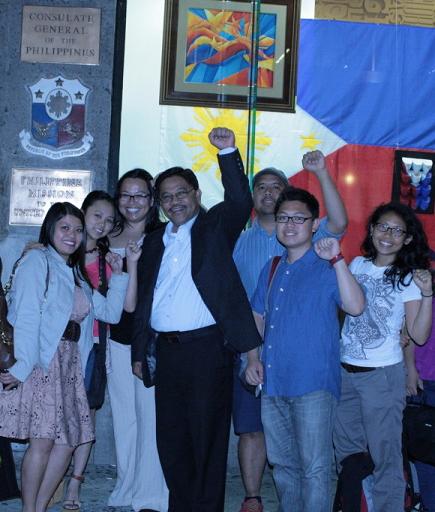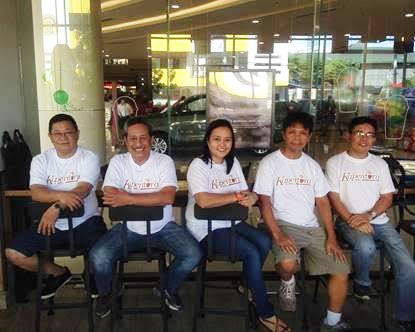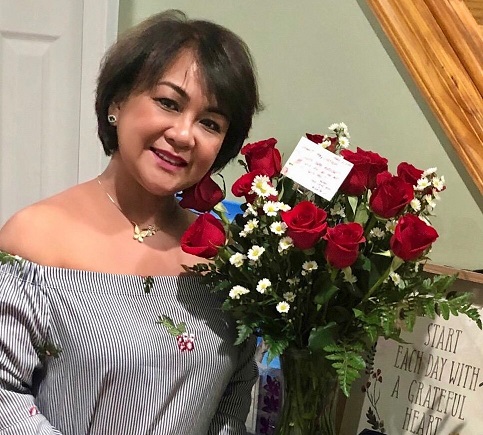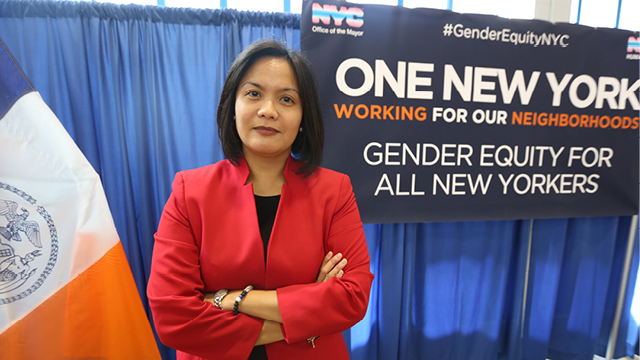In Maria Ressa film, a peek into the beginning of strongman rule in the PHL

By Cristina DC Pastor
A documentary five years in the making: From 2015 when Rappler journalist Maria Ressa interviewed undecided presidential aspirant Rodrigo Duterte, to 2020 when Ressa was convicted of cyberlibel, a law widely seen as an attempt by the Duterte government to silence journalists.
Watching filmmaker Ramona Diaz’s “A Thousand Cuts,” one wonders: How did it get so dire so soon?
The film’s early part shows a relaxed, easygoing chat between Duterte and Ressa during an interview. She was telling him about he was leading among the presidential aspirants and he was sounding curious about how Rappler generated its data. Even then, he was not shy about owning up to killing three people, and if he became president, he warned, “It will be bloody.”
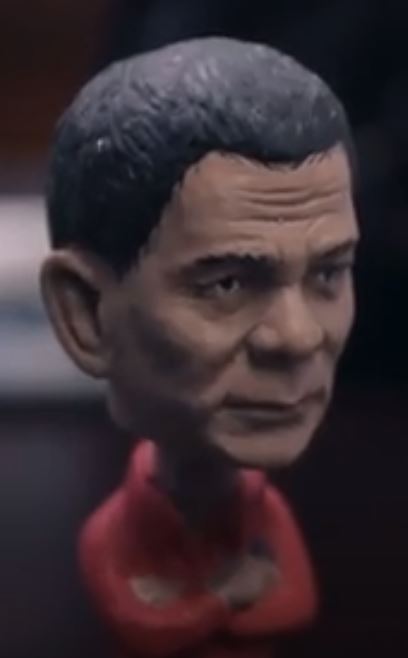
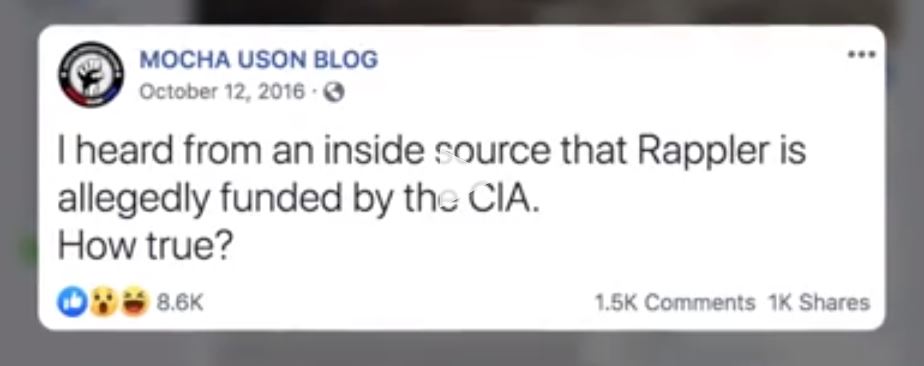
The second State of the Nation in 2017 was the first time Duterte attacked Rappler accusing it of being American-owned. Ressa, who was watching the SONA, was surprised she immediately tweeted to say he was wrong. “That offended him,” she says in the documentary.
The following year, Ressa was served a subpoena, marking the first attempt by the government to shutter the online news site.
The film also shows certain events that recognizes her courage as an independent journalist. The camera takes us into the celebrity-studded gala where she was honored one of TIME Magazine’s 100 Most Influential People of 2019, and before that, peers into the intimate family bedroom where she and her sister were choosing what she should wear. Ressa adamantly refuses to attend in a long gown (“I will trip on it”) and wear strappy heeled shoes.
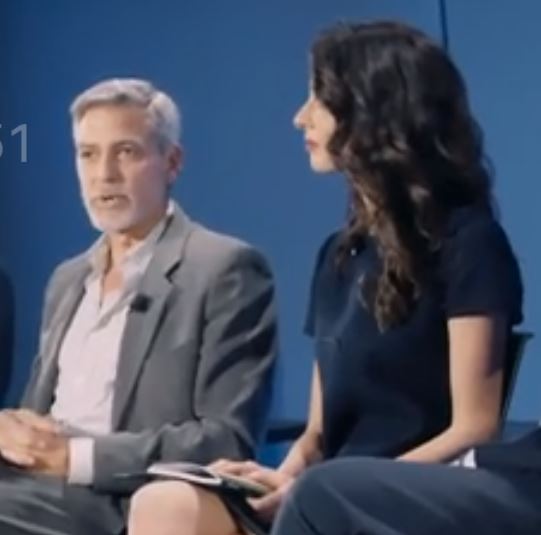
The film zeroes in on two important personalities that define the government’s core philosophy: blogger Mocha Uson and former Philippine National Police chief now Senator Bato de la Rosa. Uson describes how thrilled she, a mere a-go-go dancer, was when asked to join the government of Duterte as a social media blogger. “I never planned to be in politics. When I supported President Duterte it was voluntary.” The film shows her giving away Duterte bobblehead dolls at rallies. The Mocha Uson Blog became so popular that at one time it had 50 million followers which impressed the new president.
De la Rosa and Duterte go way back; he was director of the Davao police when Duterte was mayor. He did not hesitate when he was offered to be the “right hand man” in the government’s war on drugs. He regarded his assignment as a “God-given mission.” He jokingly scolded jailed drug users how disgusting they look with their swollen gums and missing teeth, saying it was their addiction to shabu that made them look hideous.
It is through Uson’s and dela Rosa’s opinions and experiences that the viewer gets a dramatic peek into how Duterte wields power through fear and intimidation – by using a disinformation propagandist and a much-feared police chief.
Before founding Rappler in 2012, Ressa was the Manila bureau chief of CNN for almost 10 years, and later ran its Jakarta bureau. In 2004, she joined ABS-CBN as head of the news division. Rappler became the most influential news site in the Philippines with no political or oligarchic interests backing it.
Mused Ressa expressing a sense of dismay over what has become of her chosen home: “This is not the Philippines I knew.”


© The FilAm 2020


